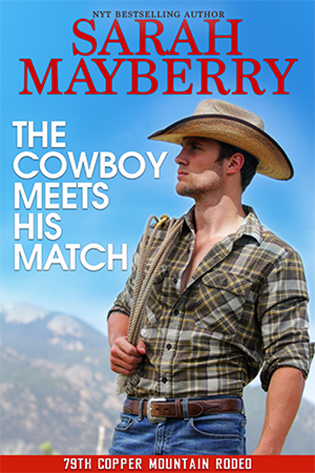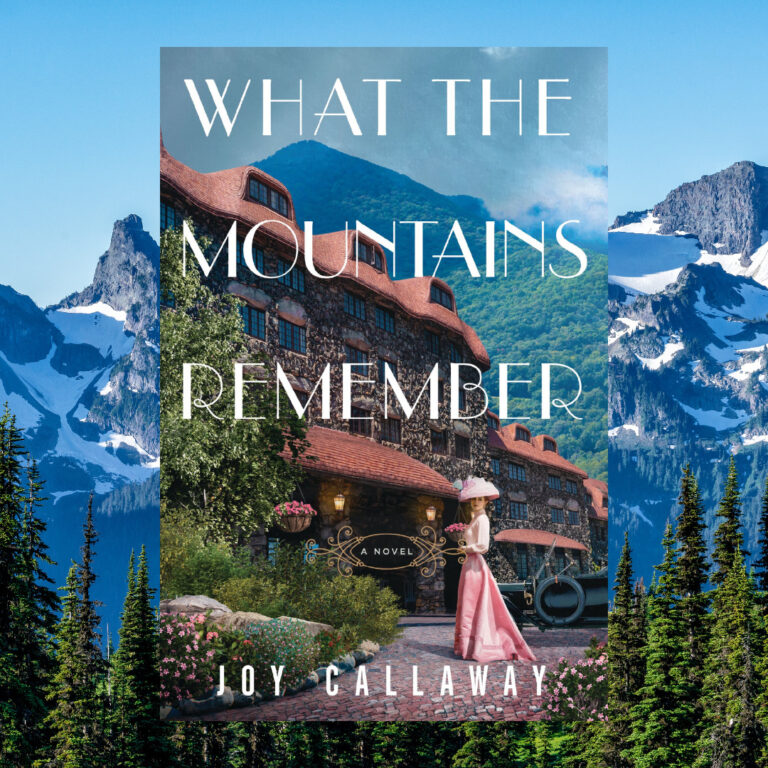When I was 12, my mom and I went to visit a friend of hers whose house just happened to be at the end of the same cul-de-sac where a very cute boy from my school lived. Let’s call him “Brad,” because his name was actually Brad, so here’s hoping he never reads and recognizes this story. Anyway, it was winter in Ohio, which basically means that for a good three months of the year there’s at least four to seven slicks of ice on every suburban driveway for miles.
My mom and I, we had a nice visit with her friend, during which my brain was wholly preoccupied about whether I might see Brad when we left.
We saw Brad.
You know where this is going. Brad was in his front yard with a friend, another boy from my school, and as I put one hand to the car door handle, I thought, be cool, Kate, wave at him! I lifted my other hand. I lost my balance. I tried to cling to the door handle, and lo! — I absolutely bit it. Picture it in slow motion: tailbone, back, a gentle knock on the head. A few seconds of silence while I strained to hear if Brad and his friend were laughing.
Nothing but my pride was injured, but if there was a comfort to my teenage shame, it was that there was no shortage of examples in the books I was reading of similar adolescent foibles — girls tripping in the cafeteria in front of crushes, girls getting knocked over (by cute guys, naturally) when mindlessly wandering onto the track during an after-school practice, girls slipping on the floor at the most important dance of the year.
It may be that there’s something particularly appealing about clumsiness in young adult characters, because we’ve all had a fall-in-front-of-Brad-moment, whether literal or metaphorical. Adolescence is rife with embarrassment of all kinds, and this type of discomposure is a convenient (and often funny) shorthand for it.
But as my reading habits and my perspectives changed, I grew more wary of the clumsiness trope — which I define as a non-disabled character struggling to command their own body, particularly in non-threatening, generally public situations — and I grew especially wary of it in the adult romances I so adore.
As romance readers (and writers), we know a well-timed trip-over-a-tree-root or fall-off-a-barstool or stumble-from-a-carriage provides a key opportunity to advance the story of our characters on their way to a happily-ever-after. A moment like this can produce the kind of physical intimacy your main couple hasn’t had much of yet — a quick way to show the “spark” your characters might feel when they touch each other for the first time, even if it’s only so one can keep the other from falling down. After all, how many times have you come across a moment like this — in cishet romance in particular — that ended with “strong arms” coming around the heroine to “steady” her from a fall?
I won’t deny that there’s pleasure for me in these moments. But there’s meaning in them too, and I think much of this meaning has a long history that connects to the ways women’s bodies are represented — in history and literature and beyond. Consider, for example, just two examples of many: the “leaky vessel” theory and the more famous anxiety over hysteria, or the “wandering womb.”
Thinking of women as “leaky vessels” is borne out of early medical discourse that linked our health with the balance of various fluids, or “humors” in our bodies — like, you’ve got too much “black bile” in your body? You might tend toward melancholy. Too much “yellow bile” and you probably have a bad temper. No surprise — women were thought to have our fluids out of balance all the time, because we’re just so darned leaky! Tears, menstrual blood, milk, you name it — our bodies are too open, too un-contained, too out-of-balance, too messy.
As if being “leaky” wasn’t enough, we also apparently need to worry about strange, untethered internal organs. No doubt you’ve heard of the word hysteria, which we still use today to refer to a variety of feelings and experiences, and which you still might (though rarely) hear in terms of psychiatric conditions. But the word hysteria comes from the Greek hystera, the “womb.” For centuries (literal centuries), people believed a woman’s womb was capable of traveling inside her body and wreaking havoc on her behavior. Women who were “barren” were thought to be at special risk — wombs not anchored by children could just up and move around anywhere they wanted to. With a womb like that, right? Men and women alike (mostly men, though, tbh) developed all kinds of treatments (most common: marriage and children) to control what was considered a mysterious, threatening part of the female body.
What the leaky vessel and the wandering womb have in common is the way they separate women from control of their bodies — which are presented as reckless, out-of-control, in need of supervision and taming. And lately, in our 21st century timeline, I’m more fatigued than ever with representations like these. Clumsiness may not be the same as a mobile uterus, but for me, seeing heroines too often humiliated by or rescued from their own bodies leaves a bad taste in my mouth. While not every oops-I-almost-fell moment is ripe for a smash-the-patriarchy do-over (or is it?) — and while there’s no shame in indulging in the moments of physical intimacy a clumsy interlude might produce — I also believe there’s good reason to think long and hard about why, over and over, the strong arms doing the steadying are men’s.
The truth of the matter is, clumsiness is not unique to women, and confidence in and command of one’s body is not unique to men. But when we represent it exclusively this way, we suggest gender norms that can ultimately do more harm than good. Men are not somehow “less” should they experience a physical miscue, and women aren’t somehow inherently less feminine if they move through space strongly, smoothly, and with the kind of seriousness of purpose that’s so often ascribed to heroes.
Of course, the very best thing about romance is how long and rich and varied its history is — and examples of books that challenge gender norms abound, both from the past and in the present, and from various subgenres (sci-fi/fantasy romance and romantic suspense often strip clumsiness from the narrative). While I still can’t find many examples of truly clumsy romance heroes (tell me if you know of one!), I love finding heroines who inhabit their bodies with confidence — and the heroes who appreciate it. In Sarah Mayberry’s new release The Cowboy Meets His Match, for example, a saddle bronc-riding heroine’s command over her rides is appreciated (and not, notably, sexualized) by her cowboy colleague and eventual love-match: “he watched as she seated herself in the saddle and took up the rein. The long, dark plait of her hair shifted on her back as she tucked her chin down. Her hand went up, fingers loose and relaxed… Then she nodded, the gate opened, and Hellion Boy exploded out of the chute.” When Jesse watches CJ ride, he knows he’s attracted to her, but he also focuses on her as a fellow professional who relies on her body to do her job.
And we don’t even need to look for athlete heroines to find this kind of respect and appreciation. In Talia Hibbert’s fabulous Wanna Bet?, one of Rahul and Jasmine’s early intimacies includes this small gesture to something he adores about his friend and soon-to-be-lover: “How could he separate loving Jas from loving her body — Jas, who was her body more than anyone he’d ever met, who was present in every sense of the word… ” Nothing about Jasmine’s confidence in her body — the way she moves, the way she enjoys sex — is a threat to Rahul, and these days, that to me is capital-R Romance.
Clumsiness, of course, is real (my driveway moment a stellar example) and accidents happen even when we’re not teenagers in full view of a crush. But when clumsiness is gendered so exclusively in our books — when heroes are so relentlessly, completely in control of their own bodies while heroines are so frequently subjected to moments of betrayal and humiliation by theirs — this reader starts to think we’re in a new era of the wandering womb… or that we never really moved on from the first one.
So, hey, Brad — if you’re reading this, I fell because of the ice. Not because I’m a girl. I hope you still have that nice smile and also a better attitude about Social Studies.














